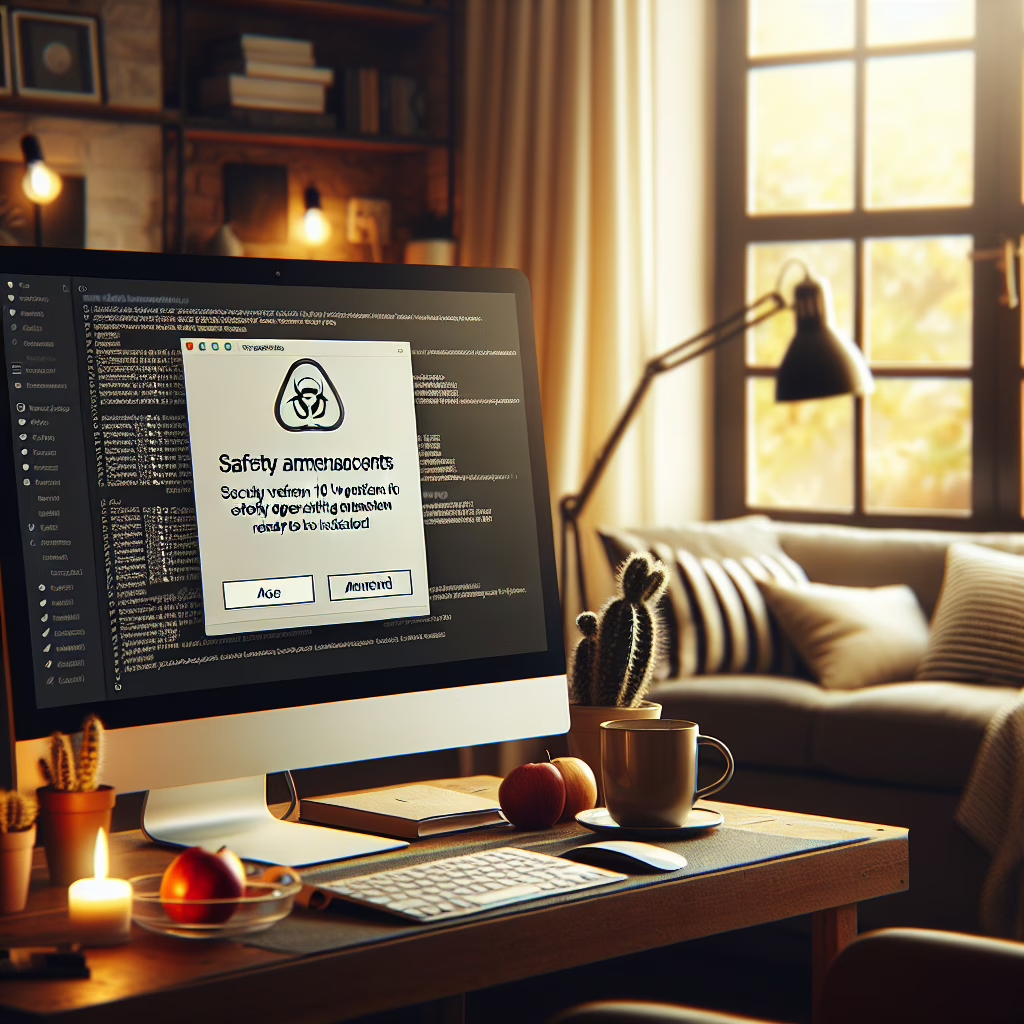In a world where technology evolves faster than our ability to keep up with it, Microsoft has decided to sprinkle a bit of extra joy into the lives of Windows 10 users. That’s right! The tech giant is extending free security updates for Windows 10 into 2026. But hold your horses—there are some strings attached that might have you scratching your head in delightful confusion.
What This Means for Windows 10 Users
For all you loyal Windows 10 aficionados, this news is like finding an extra fry at the bottom of the bag. Microsoft is all about making sure your system remains secure as a vault, even as they try to nudge you toward the shiny new Windows 11. With security updates rolling out until at least 2026, users can breathe a sigh of relief—at least for a little while longer!
Now, before you pop the confetti, let’s break down what these “strings” really are. While Microsoft is generous enough to keep those security updates flowing, they’re also nudging users toward upgrading. Think of it as a gentle push from your friend who’s convinced you need to try that new restaurant even though you love your usual spot.
Understanding the Strings Attached
The strings attached to these updates are not just any ordinary strings; they’re more like those pesky little threads that keep popping up when you’re trying to enjoy a relaxing evening. To qualify for these extended updates, users must have specific configurations installed and maintain certain system requirements. It’s like playing a game where you need to meet level requirements just to stay in the club.
So what exactly does this mean? Well, if you’ve been holding onto that ancient version of Windows 10 like it’s a family heirloom, it might be time for an upgrade. Microsoft is essentially saying, “We love you, but we’d love you even more if you joined us on this exciting journey to Windows 11.” So, grab your virtual hiking boots and prepare to navigate this new landscape!
Why Stick with Windows 10?
You may wonder why someone would stick with Windows 10 instead of jumping ship to Windows 11. The truth is, some users appreciate the familiarity and simplicity of their current setup. It’s like having a favorite old sweater—you know it fits perfectly and keeps you warm! Plus, some features in Windows 11 might feel more like a complicated puzzle than a streamlined experience.
For those who prefer the classic experience (we’re looking at you, retro enthusiasts), enjoy knowing that security updates will still roll in until at least 2026. This is especially good news for businesses that may not be ready to overhaul their entire system just yet.
The Upgrade Dilemma
Now comes the inevitable question: should you upgrade or should you stay? Upgrading to Windows 11 offers enhanced features and improved performance—think of it as trading in your old car for a sleek new model. But if your current system meets your needs without any hiccups, why mess with success?
- Pros of Upgrading to Windows 11:
- Access to new features and improvements
- Better support for modern applications
- Enhanced security protocols
- Cons of Upgrading:
- Potential compatibility issues with older software
- A learning curve for navigating the new interface
If you’re pondering this dilemma, weigh the pros and cons carefully. Remember, every shiny new thing isn’t necessarily better; sometimes it’s just shinier! And let’s face it—who doesn’t enjoy a little nostalgia while navigating their computer?
Conclusion: Enjoy Your Extended Updates!
In conclusion, Microsoft’s decision to extend free security updates for Windows 10 into 2026 is great news for users who are hesitant about jumping into the latest operating system waters. However, do keep in mind those strings attached—it’s like receiving free dessert at dinner but being told you have to order something from the menu first.
So whether you choose to stick with Windows 10 or take the leap into Windows 11, enjoy these extended updates! Your digital safety net is secure—for now! We’d love to hear your thoughts on this development. Are you planning to stay put or make the upgrade? Share your opinions in the comments below!
A special thank you to Ars Technica for providing the insights that inspired this article!

